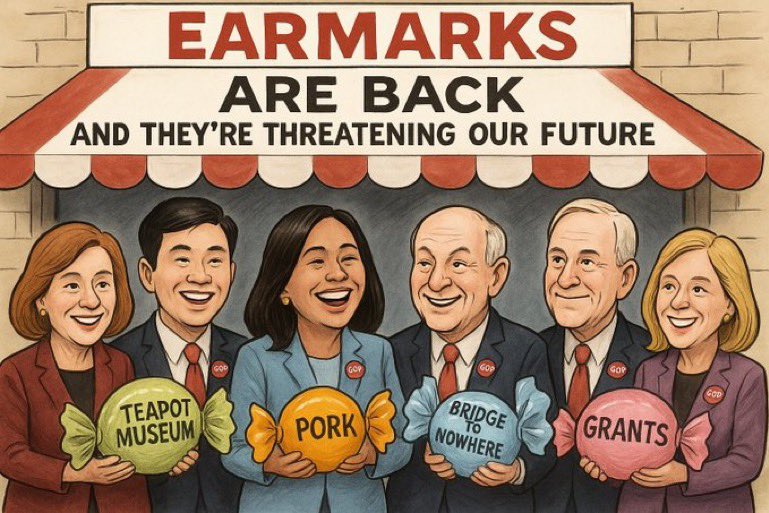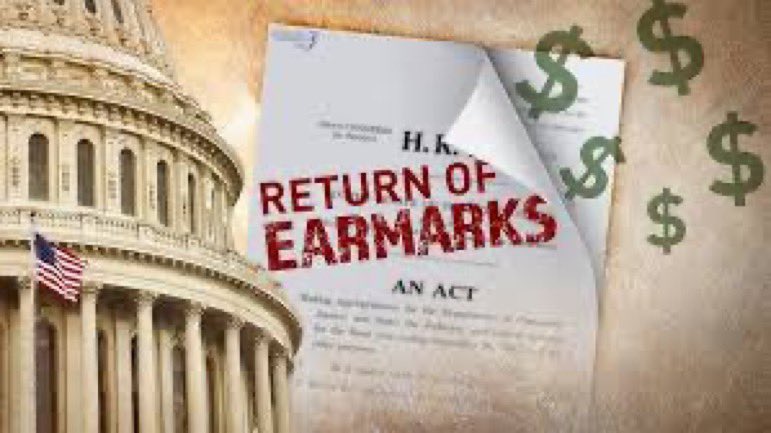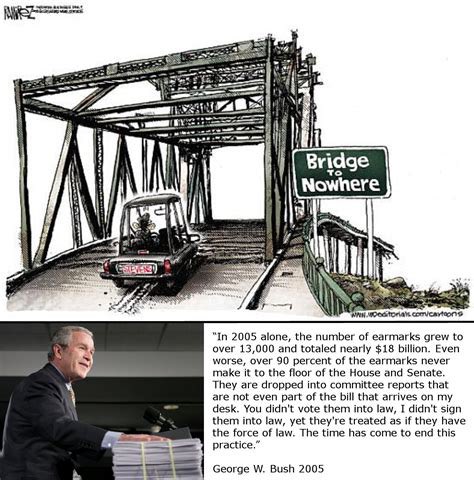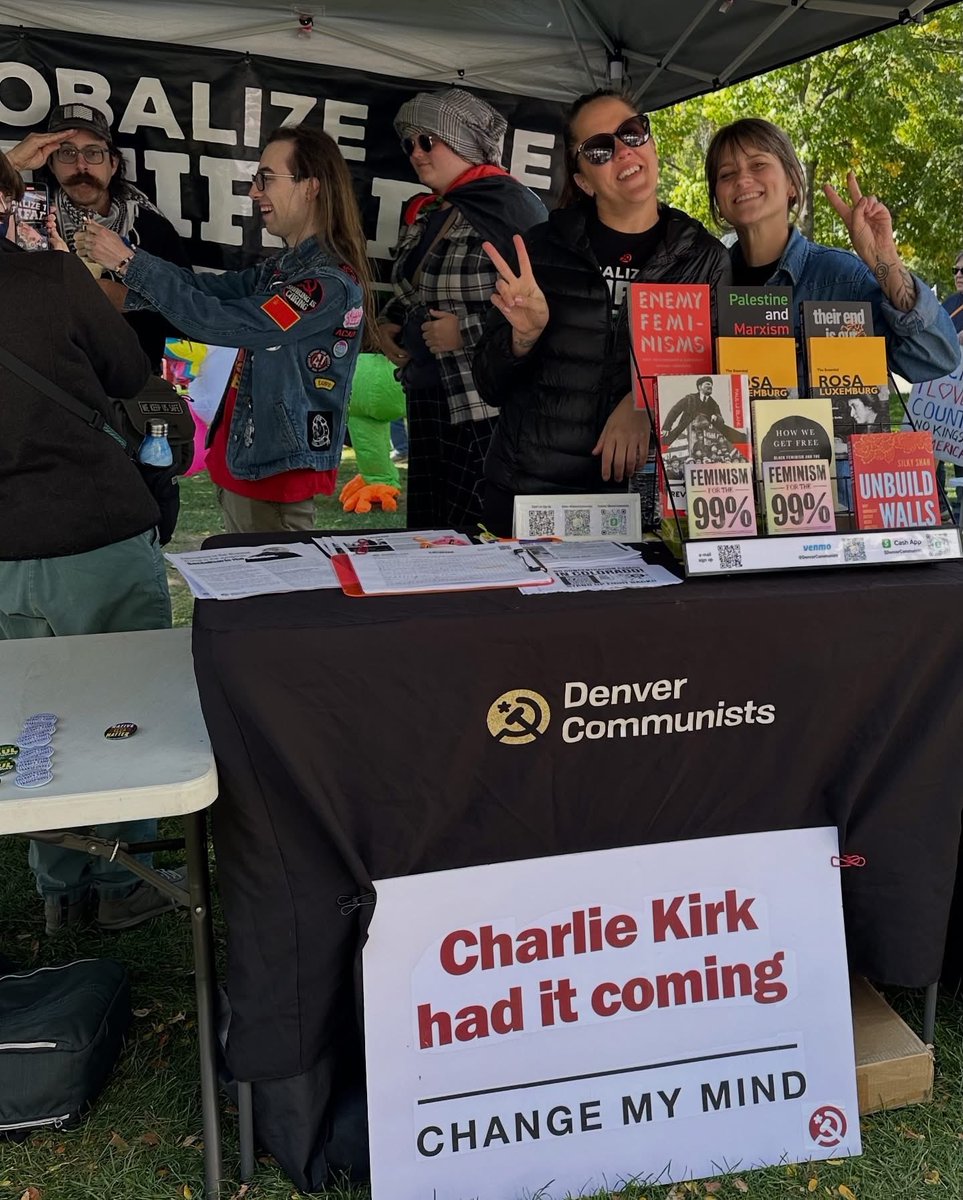17. Republicans in Congress therefore need to take a stand—holding hostage something Democrats care about by attaching the REINS Act to that thing 
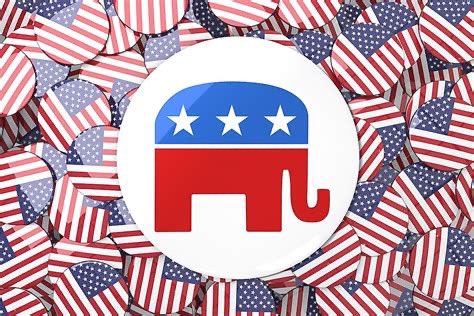
18. To that end, Republicans should attach the REINS Act to any bill to increase the debt ceiling, forcing true compromise in an area where it’s badly needed—here, restoring separation of powers through the REINS Act 

19. The REINS Act would force a restoration of the separation of powers mandated by the Constitution, by returning the lawmaking power to the legislative branch 

20. But this thread is about federalism—the Constitution’s mandate that the powers of the federal government remain “few and defined,” as James Madison described them in Federalist 45 (while referring to the powers reserved to the states as “numerous and indefinite”)
So what does the REINS Act have to do with restoring federalism?
Everything
So what does the REINS Act have to do with restoring federalism?
Everything

21. Remember: our drift from separation of powers (in which Congress began shifting the task of lawmaking to unelected bureaucrats in the executive branch) didn’t begin until the Supreme Court dramatically expanded Congress’s authority under the Commerce Clause, contrary to the Constitution’s text, structure, and original understanding

22. It follows logically that, if Congress can begin to restore separation of powers (as it would do by enacting the REINS Act) there would soon be far less new federal law being created each year, as elected lawmakers would be more reluctant to impose new burdens on the American people—far more reluctant than federal bureaucrats who never have to stand for election

23. In other words, if every expansion of federal law had to be enacted by Congress—whose members must stand for election at regular intervals—there would be less federal law being created each year 

24. As surely as the sun will rise in the east tomorrow (and every day thereafter), members of Congress will rediscover federalism—as it will be in their interest to do so—once the REINS Act has become law 

25. Follow if you’d like to read more posts like this one, and like and share if you’d agree that Congress should attach the REINS Act to any bill raising or suspending the debt ceiling 

• • •
Missing some Tweet in this thread? You can try to
force a refresh


